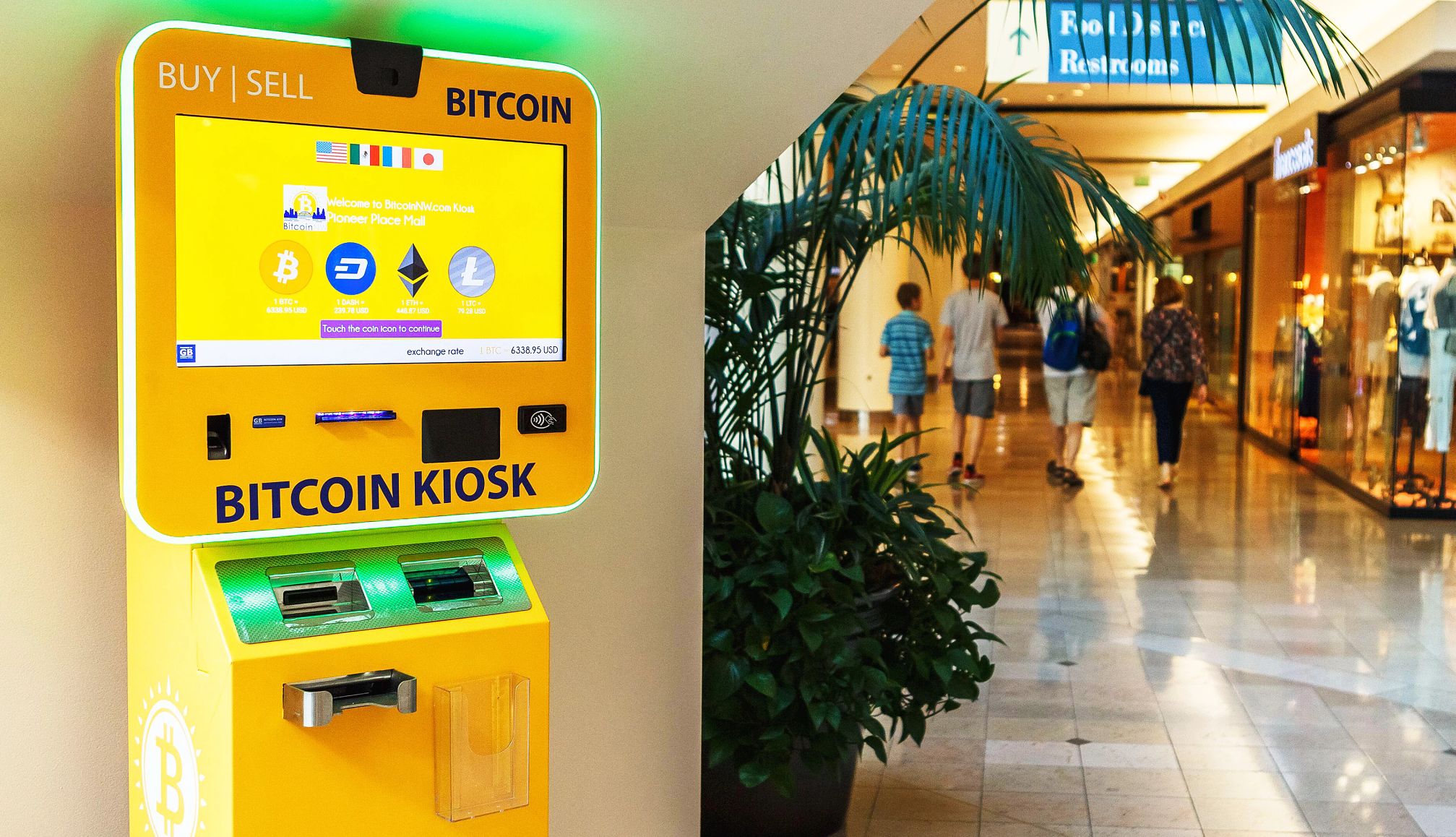AARP Hearing Center


Machines that exchange cash for cryptocurrency, known as crypto kiosks, are popping up in supermarkets, convenience stores, gas stations and other spots across the country. But these ATM look-alikes are prime vehicles for scams that often target older adults.
To combat this growing problem, AARP is advocating for state laws that regulate crypto kiosks and safeguard consumers.


LIMITED TIME OFFER Memorial Day Sale! Join AARP for just $11 per year with a 5-year membership Join now and get a FREE gift. Expires 6/4
Colorado became the latest state to enact such legislation on June 2. The law, which takes effect in January, mirrors others around the country that require owners and operators of crypto kiosks to set transaction limits, inform users of risks, provide receipts and refund qualifying payments.
“These new regulations are a great step toward a safer Colorado for consumers,” AARP’s Associate State Advocacy Director Karen Moldovan said in a statement.
Join Our Fight Against Fraud
Here's what you can do to help protect people 50 and older from fraud:
- Sign up to become a digital fraud fighter to help raise awareness about the latest scams.
- Read more about how we're fighting for you every day in Congress and across the country.
- AARP is your fierce defender on the issues that matter to people 50-plus. Become a member or renew your membership today.
So far this year, 19 other states — Arizona, Arkansas, Connecticut, Florida, Hawai’i, Illinois, Iowa, Louisiana, Maine, Maryland, Massachusetts, Nebraska, North Dakota, Oklahoma, Rhode Island, Texas, Vermont, Washington and Wisconsin — have drafted or already passed bills or regulations incorporating AARP's expert recommendations, which call for caps on daily transactions, state operator license requirements, scam warnings, refund options for losses due to fraud plus others.
A flurry of those crypto ATM bills have passed in recent months.
On June 1, Illinois lawmakers approved a bill similar to Colorado's. In addition to including transaction limits and refund provisions, Illinois' version requires operators to provide the location of each kiosk to increase oversight of the state's more than 1,600 crypto kiosks.








































































More From AARP
AARP Fights Age Discrimination
We’re pushing for better protections for older workers
AARP Teams Up to Stop and Spot Scams
With Amazon, Google and Walmart, we're helping law enforcement curb fraud
AARP Pushes to Combat Fraud
AARP advocates for action against fraud harming older adults.
Recommended for You